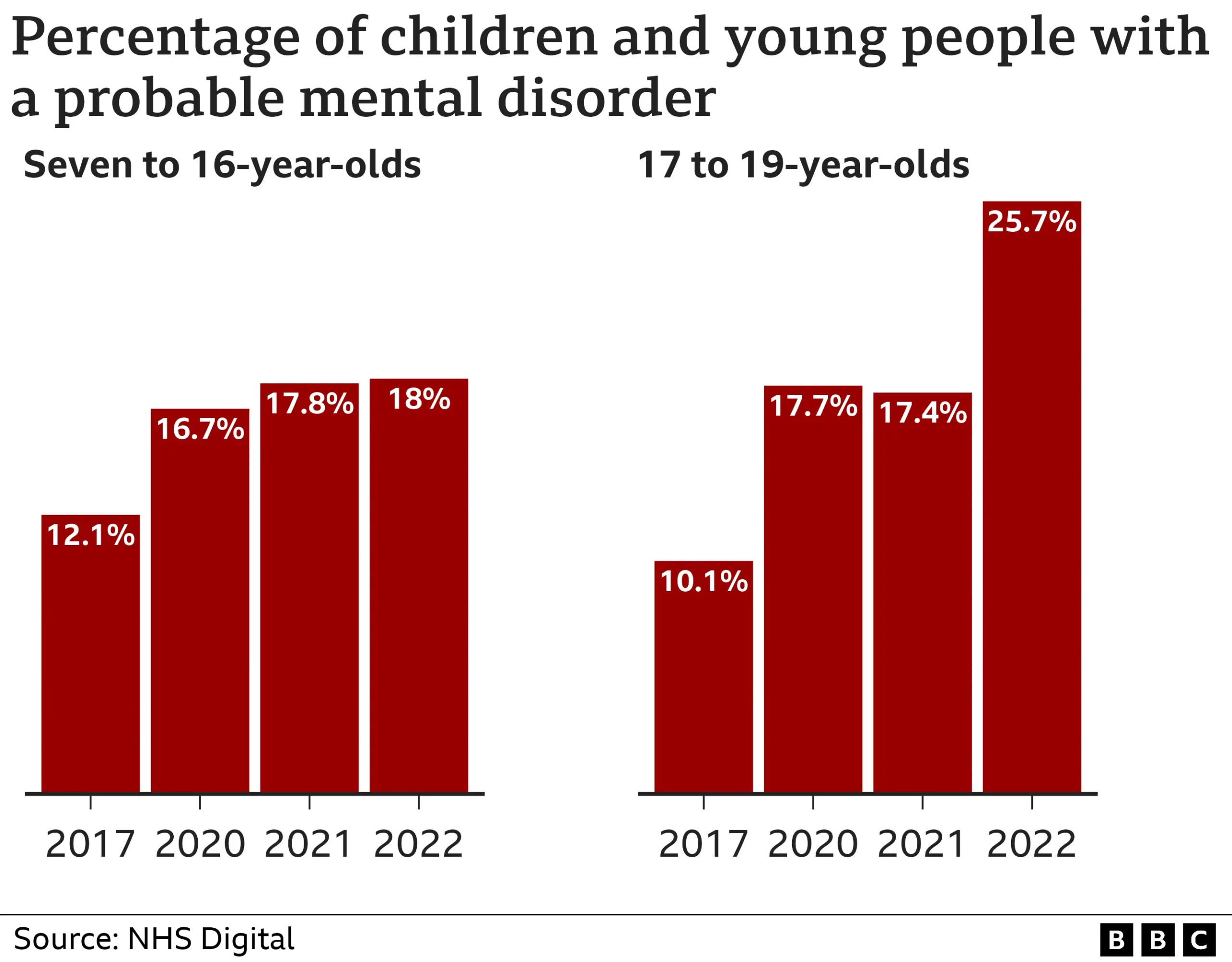In an alarming revelation, research indicates that an overwhelming 3 out of 4 women experience some form of eating disorder in their lifetime. This statistic transcends mere numbers; it underscores a deep-rooted societal issue that prompts a critical re-evaluation of how we perceive body image, mental health, and the often-unseen struggles individuals face in their quest for acceptance and self-worth.
Eating disorders encompass a spectrum of conditions, including but not limited to anorexia nervosa, bulimia nervosa, and binge eating disorder. Each presents unique challenges and symptoms, yet they share a common thread—a relentless pursuit of an idealized body image that society has long perpetuated. This obsession can lead to severe physical and psychological ramifications, making these disorders not just personal health concerns but public health crises.
What makes this phenomenon particularly insidious is the stigma surrounding it. Many women are left to navigate these turbulent waters alone, often concealing their struggles from friends and family. The societal pressure to conform to unattainable beauty standards exacerbates feelings of inadequacy and fuels the cycle of self-doubt. For numerous individuals, the reflection in the mirror morphs into a cruel enemy rather than a familiar friend.
It is essential to recognize that eating disorders are not merely lifestyle choices or phases; they are complex mental health conditions that require understanding and compassion. Individuals burdened with these disorders often grapple with profound emotional turmoil, including anxiety, depression, and low self-esteem. This psychological landscape complicates recovery, as the path to healing necessitates not only physical nourishment but also emotional support and validation.
Fortunately, a paradigm shift is underway. Growing awareness around mental health and body positivity is prompting society to confront these daunting statistics head-on. Initiatives aimed at promoting realistic body images, coupled with increased access to mental health resources, are beginning to foster an environment of acceptance and understanding. Schools, workplaces, and communities are engaging in dialogues that challenge harmful stereotypes and advocate for holistic well-being.
Moreover, the normalization of discussing eating disorders—once cloaked in secrecy—is vital in dismantling the inherent stigma. Personal stories of resilience and recovery illuminate the experiences of those who have faced and overcome such adversities, thereby offering hope to others in similar predicaments. These narratives resonate, fostering a collective understanding that a shift in perspective is not only possible; it is imperative.
In conclusion, the statistic that 3 out of 4 women encounter eating disorders serves as a clarion call for society to reassess its values, promote empathy, and champion a culture of genuine acceptance. By shifting the focus from unrealistic ideals to a celebration of individuality, we can pave the way for a healthier, more inclusive future.
